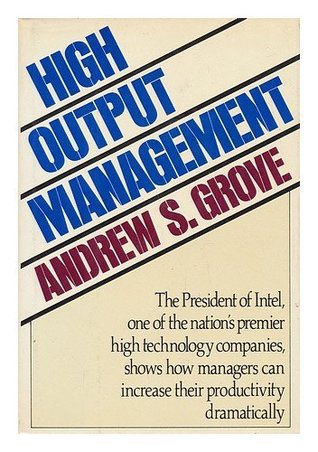information and to violate simple rules of logic [in hiring and selection.]" Scott Highhouse, 2008
bases on which we evaluate merit..." 1/
research analyzing how similarities other than sex & race influence labor market sorting." Rivera '12
communication." Rivera 2012
play styles--how applicants preferred to conduct themselves outside the office--rather than their work styles." Lauren Rivera, 2012
occur. Rather, to understand labor market outcomes, it is necessary to consider not only similarities in sex & race between employers & candidates but also similarities in culture & experience." R.



